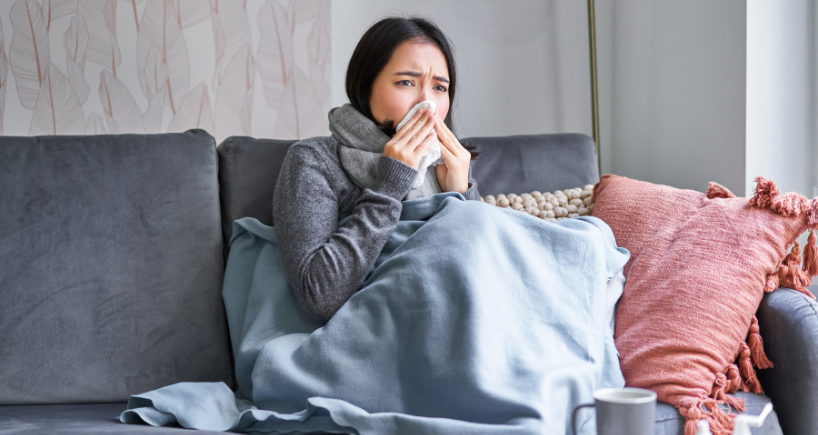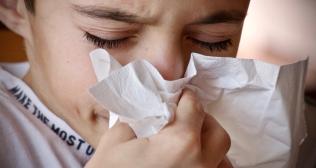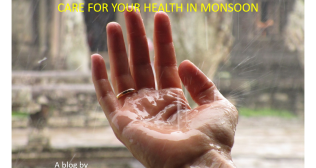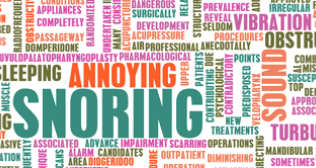
Why Cold Spreads Faster in Winter: Science and Prevention
Introduction
You are all aware that the chill air signals the arrival of cold and flu season, where everyone suddenly sneezes and sniffs. It seems as though the first blast of winter air brings those annoying cold and flu viruses. During winter, colds, flus, and other respiratory ailments are more prevalent. You spend more time indoors, which makes it easier for infections to spread from one to another. Also, the dry, chill air could make you less resistant to infections. The cold air weakens your immune response in the nose, which is the basic reason you get more respiratory ailments in the winter. In this blog, you will learn about the common cold, why it spreads faster in winter and its prevention.
What is cold?
A cold is a contagious condition that causes respiratory infections that affect the nose, throat, sinuses, and trachea. It is usually caused by viruses. The most common virus causing colds is rhinovirus. Symptoms may include sore throat, runny nose, fever, fatigue, loss of appetite, increased drooling, irritability, swollen glands, and coughing. Common cold appears in 3 different stages,
- Early stage: It is a starting stage within 1-3 days of picking up a cold virus. It causes a tickle in your throat and sore throat, sneezing, runny nose, stuffy nose, and cough.
- Active stage: In this stage, the symptoms worsen, leading to body aches, headache, runny eyes and nose, weakness, and sometimes fever.
- Late stage: It is the final stage, where you will be free and clear as the cold begins to wind down. But sometimes, it results in a nagging cough lasting up to 2–3 months after the infection.
Impact of cold weather on viruses
Exposure to cold weather during winter has a high risk of getting flu or common cold. Why cold or flu is caused more in winter? What makes the virus spread faster in winter? Let’s look at that.
The virus which causes the common cold is rhinovirus. It replicates more efficiently at lower temperatures below 37° C. During winter, the temperature drops down, and the temperature of the nasal cavity in your body is around 33° C, which makes the ideal temperature for the virus to ground and spread. However, this doesn’t mean that lower temperatures in the environment increase the risk of rhinovirus infection; it also depends on your immunological response. When you have strong immunity, you can fight back against those viruses infecting you.
Impact of cold weather on the immune system
Exposure to cold weather during winter affects your immune response, making it difficult to fight against germs and flus. This is because you get less vitamin D, which regulates your immune system, due to reduced sun exposure, and breathing the cold and dry air causes your blood vessels of the respiratory system to narrow to store heat. It prevents the white blood cells from reaching the mucus membrane and fighting against germs.
Preventive methods
Hence, in order to prevent getting cold during winter, you must follow some healthy measures, like
- Consume a lot of fruits, vegetables, whole grains, proteins, vitamins (like vitamins C and D), zinc, and antioxidants. They improve your immune system.
- Drink more water and stay hydrated.
- Do regular physical exercises as they improve your blood circulation.
- Maintain a healthy sleep cycle. Rest is also important to maintain your health.
- Maintain hygiene to prevent infections.
- Wash your hands regularly.
- Always sneeze or cough into clean tissues and away from another person to avoid spreading infections.
- Do not share food, drinks, or utensils with others, as it may increase the risk of spreading infections.
Conclusion
To summarise, colds and flu are caused by viruses like influenza and rhinoviruses, not weather. However, exposure to cold weather during winter increases the risk of getting virus attacks. Colder temperature helps these viruses live and proliferate, which facilitates their dissemination and ability to replicate and infect more. Cold temperature also weakens your immune system and makes it more difficult for your body to fight against infections. Hence, you must take preventive measures to minimise the risk and protect yourself and your loved ones from getting infected with viruses.



















